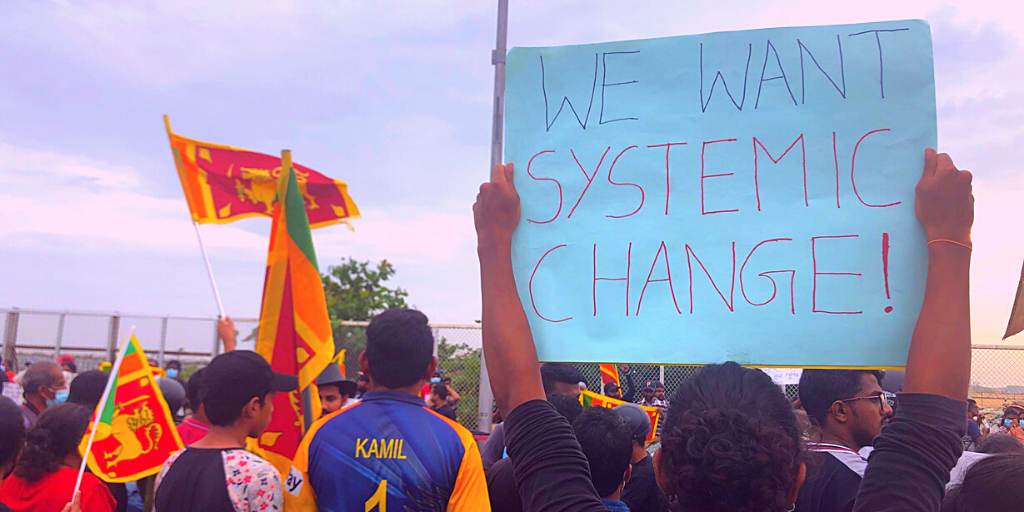
By Willemijn de Bruin
In late March, INTRAC staff gathered in Oxford for our quarterly away days. As always, I was excited for some face-to-face interaction and critical thinking with my colleagues. The first day had a focus on #ShiftthePower with a session on power at work led by INTRAC Trustee, and Co-Director of Global Mentoring Initiative, Smruti Patel. The session focused on identity and power, encouraging all staff members to reflect on our own position of power. We were asked to consider what parts of our identity give us power, and how our power manifests itself in our work.
As part of the session, I was paired with my colleague Rod MacLeod, and we were asked to discuss our experience of power. We both feel that we occupy a position of power and privilege. Unlike Rod I am not male, and I am younger (quite a lot younger – sorry Rod!) but we are both white, middle-class, well-educated, able-bodied and we live and work in a Northern country. We identify as cisgender and heterosexual. Rod and I go on to talk about how being aware of your position of power can sometimes make you less engaged in a discussion. Not because you are uninterested, but because you may not feel like it is the right moment to speak up, or you hold back to try to give space to others.
When I posted on my Twitter and Instagram accounts about #InternationalWomensDay on March 8, I encountered an example of this. It struck me that my posts were liked, shared, and celebrated by my female followers, but not by my male ones. I wondered why this might be. Do men stay quiet at times like this because they don’t care? Or because they do care, but feel that it isn’t their place to speak up? I was reminded of a quote from UN Women Goodwill Ambassador Emma Watson. Addressing men in 2014, she stated that “gender equality is your issue, too”.
Later on in the away day session, we discussed the directions in which we should aim to shift power. #ShiftthePower is normally understood as a transition of power from the global North to the global South – but does this one-dimensional shift make sense in an increasingly globalised world? When we think of wider dimensions of equality, diversity, and inclusion, we see that there are other persistent imbalances of power at internal, external, and organisational levels (see Model).
One example is the imbalance in the power of older and younger people. As part of my role with INTRAC, I have been involved with The Development Alternative (TDA) – a multi-year, multi-country programme focused on youth-led accountability and youth civil society. The INTRAC TDA team contributed to the 2021 State of Youth Civil Society Report, which found that 92% of the consulted representatives of youth-led organisations feel that young people need more support from power-holders. Young people (a group I hope I am still a part of, at 31) have a huge contribution to make, but the imbalance of power they experience tends to sit outside the #ShiftthePower conversation.

Shortly after the trip to Oxford, I took annual leave and travelled to visit my partner in Sri Lanka. My holiday caused me to think again about my position of power. The country was and still is in the midst of a dire economic and political crisis, with rising costs of food, fuel, medicine and electricity driving people into poverty. Crises like these are often poorly reported in the media in Northern countries and this lack of coverage was worsened by the ongoing war in Ukraine. When I arrived in Colombo, I felt awkwardly uninformed but began reading about the situation. I connected with inspiring Sri Lankan activists. Some were protesting outside the residence of President Gotabaya Rajapaksa, demanding his resignation; others were making a noise online (#GoHomeGota2022), these included local journalist Roel Raymond (Twitter / Instagram).
Encouraged by Yasodhara Pathanjali, I eventually went to the site of protest to see things for myself and to talk to those who were willing to chat. Later, I felt better placed to understand the crisis, and reaffirmed in my enthusiasm for my role at INTRAC, which works to support civil society in all its forms. During the trip, I continued to reflect on the away day session. Travelling around Sri Lanka, I noticed that I was hyper aware of my identity and position of power and privilege. I thought a lot more about how I approached people, how I would pose a question (or not), and whether the things that I did were culturally appropriate. I had never felt these feelings so strongly, and see it partly as a reflection of the greater awareness that the away day session had given me. Clearly, the session was thought-provoking. Smruti asked us if we are willing to feel uncomfortable about our own position of power. For me, I have found that the answer is “yes”. I hope that this willingness helps in my own efforts to support shifting the power – not only geographically, but in the wide variety of dimensions that power comes in (both at work and in my private life).
- In this piece I’ve tried to avoid jargon and overly complicated terms. I also purposefully embedded links to relevant debates (#) on social media and accounts (@). Language plays an important role in shifting the power and I hope to include young people, as well as those for whom English is not their first language.
- Dutch is my mother tongue while English is my second language and I still learn every day. My favourite and most reliable online dictionary is bab.la and when I feel like being fancy but nothing comes to mind I spice things up by using Thesaurus Synonyms.